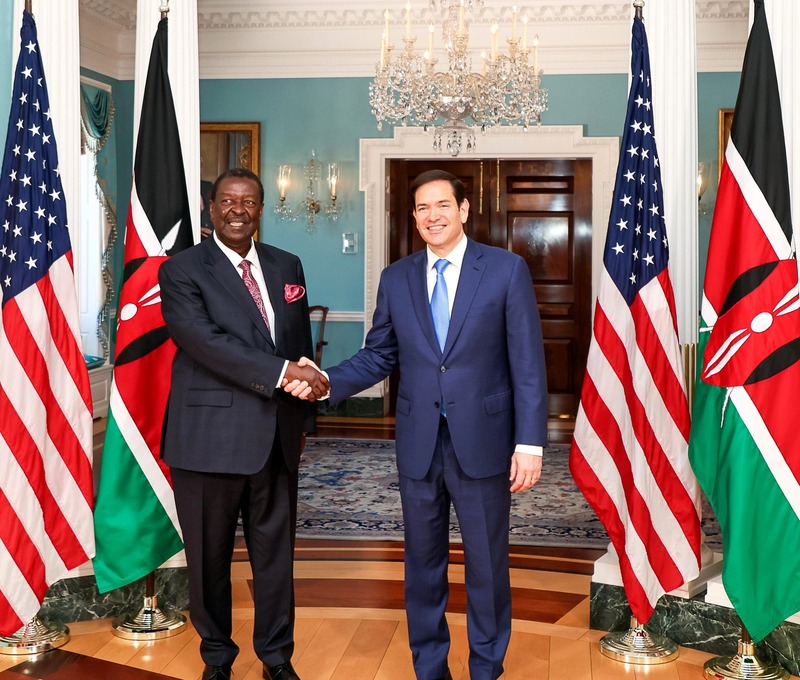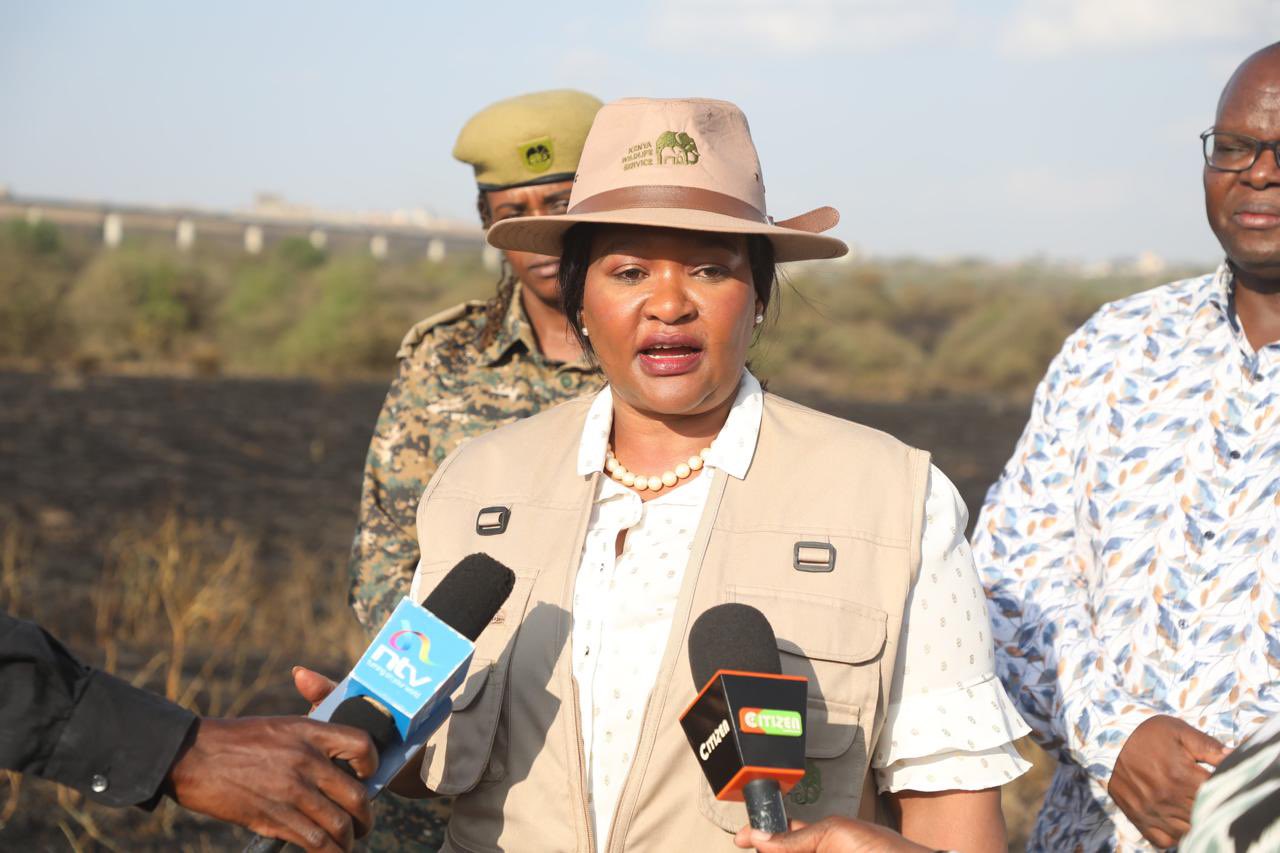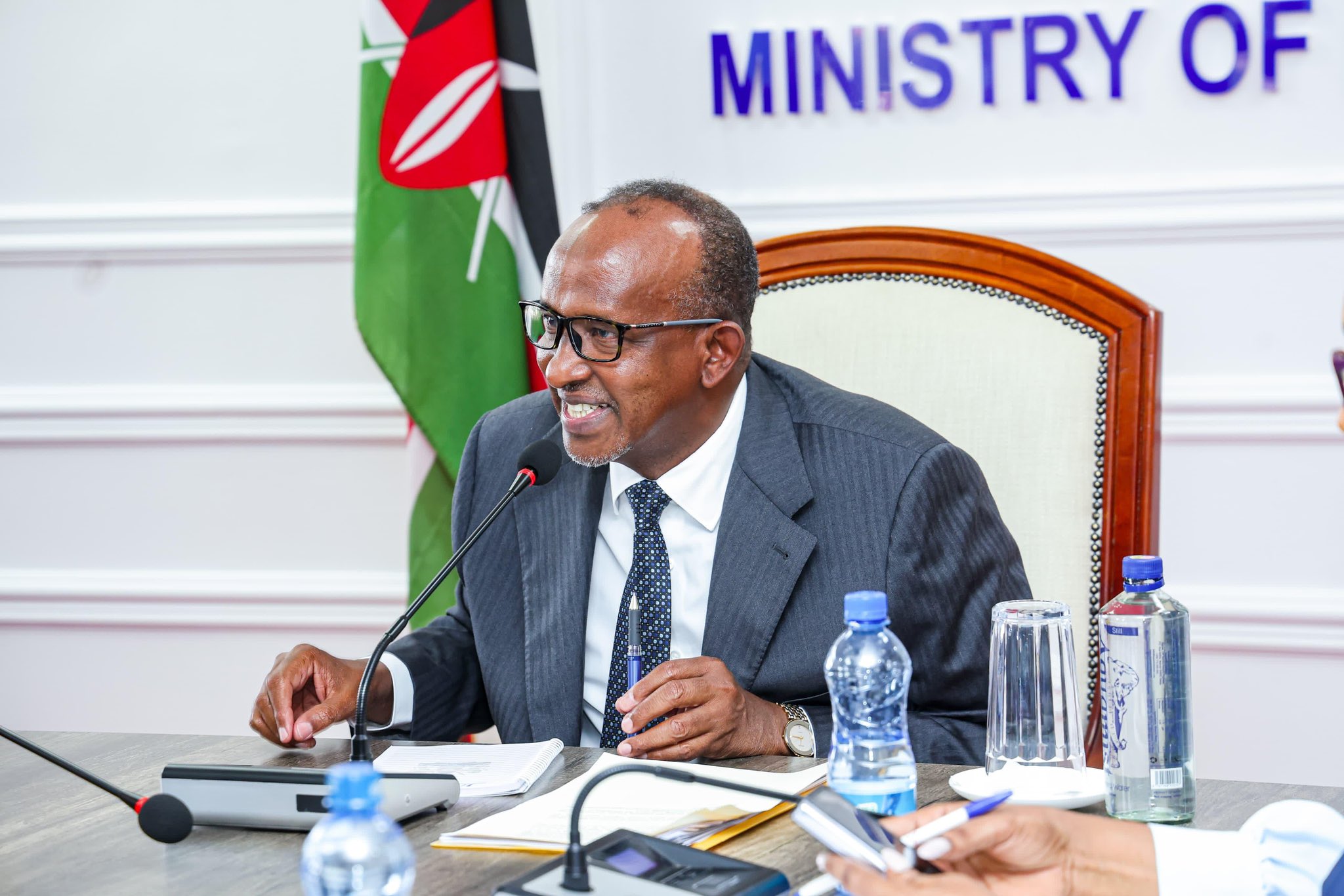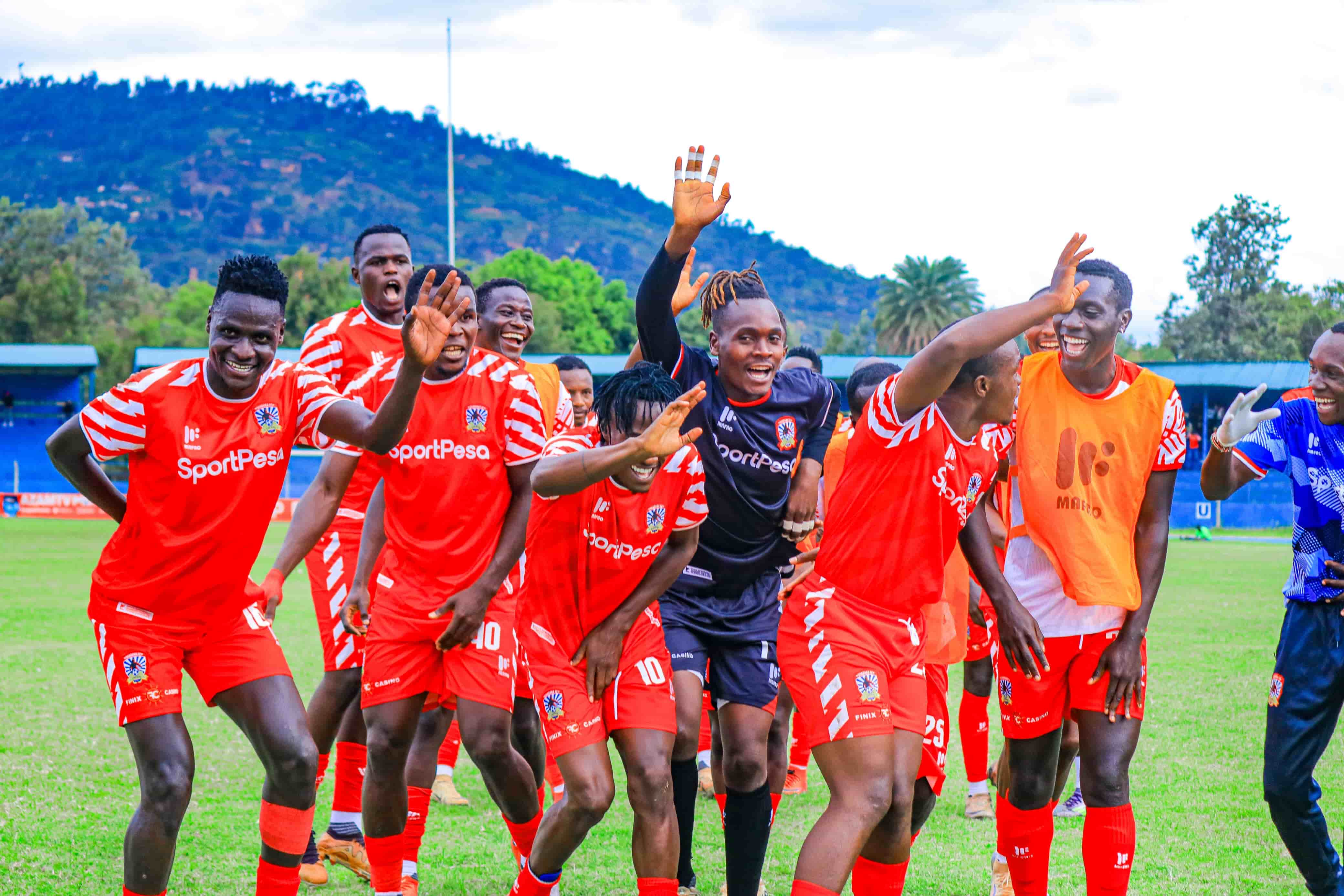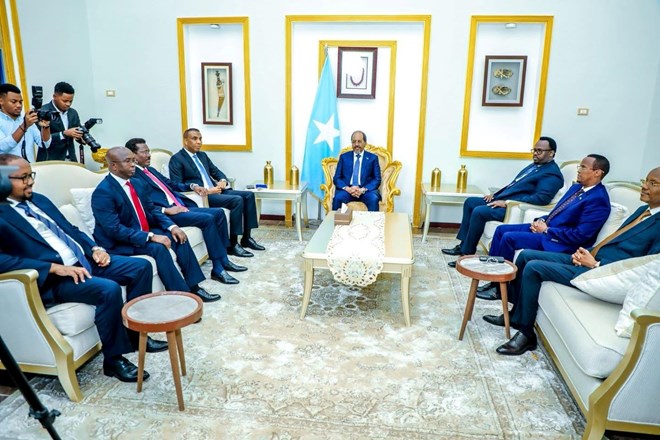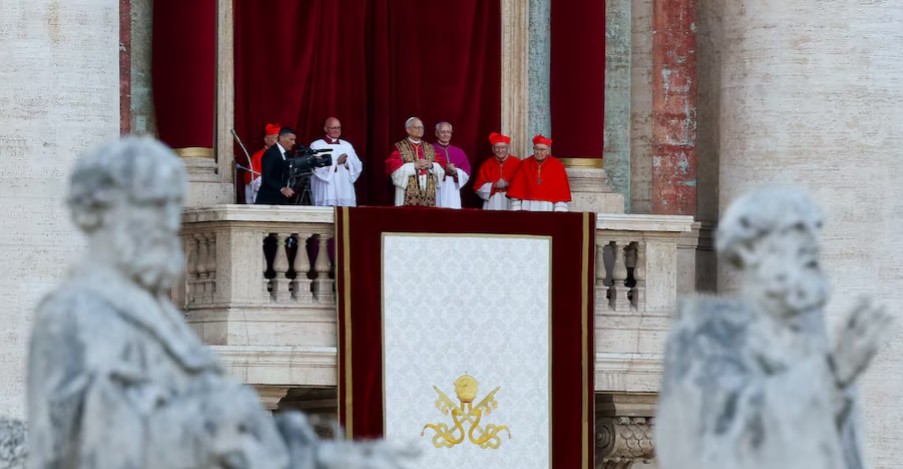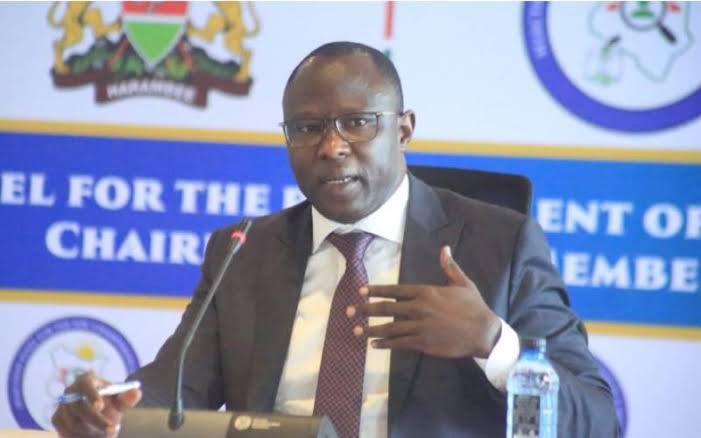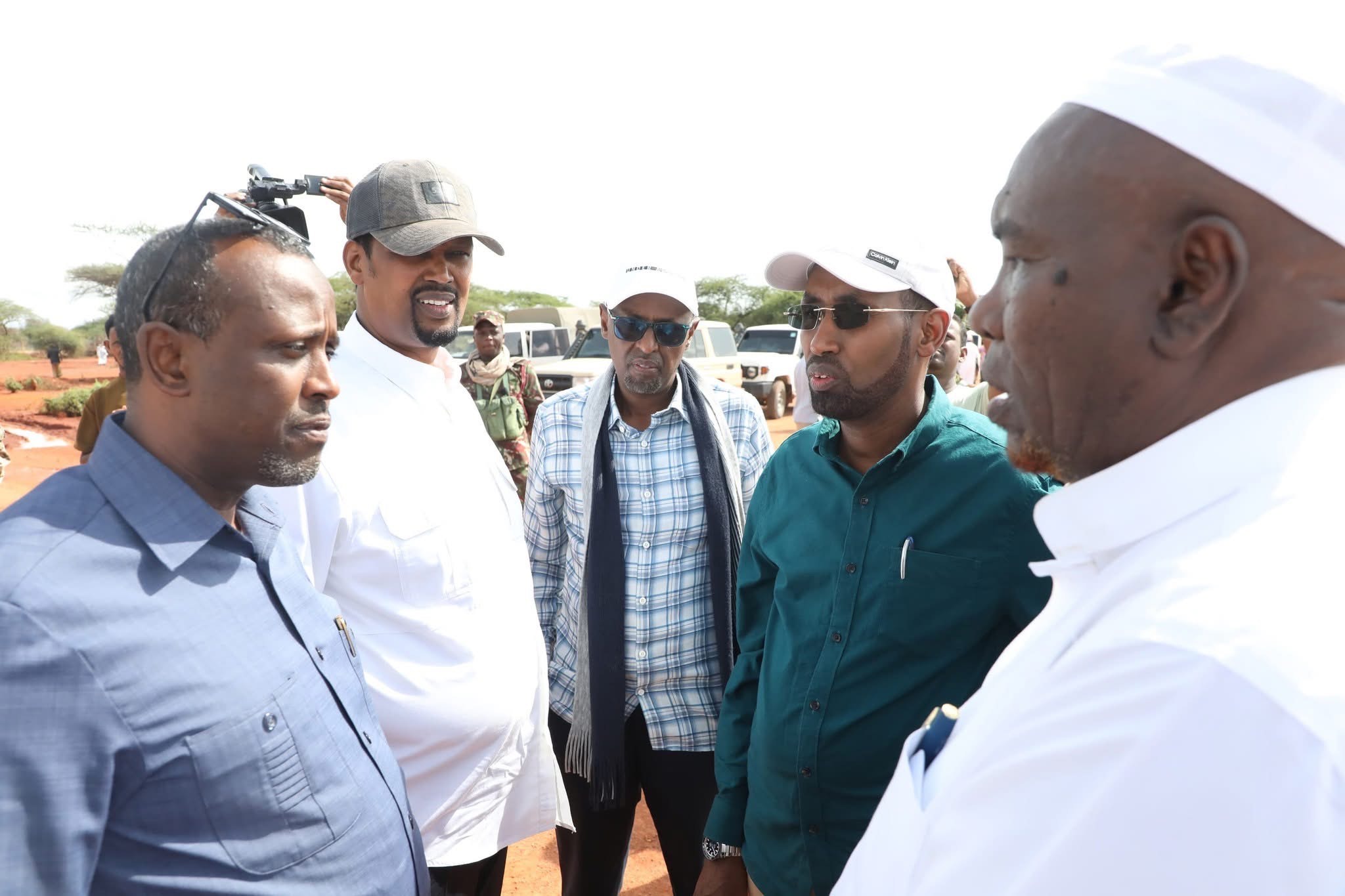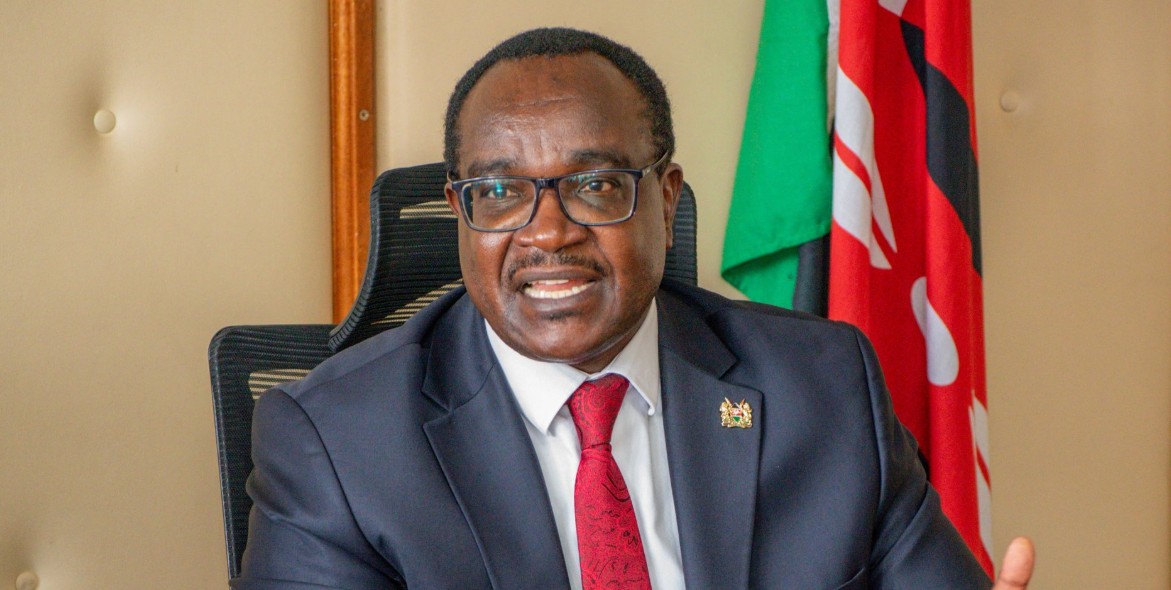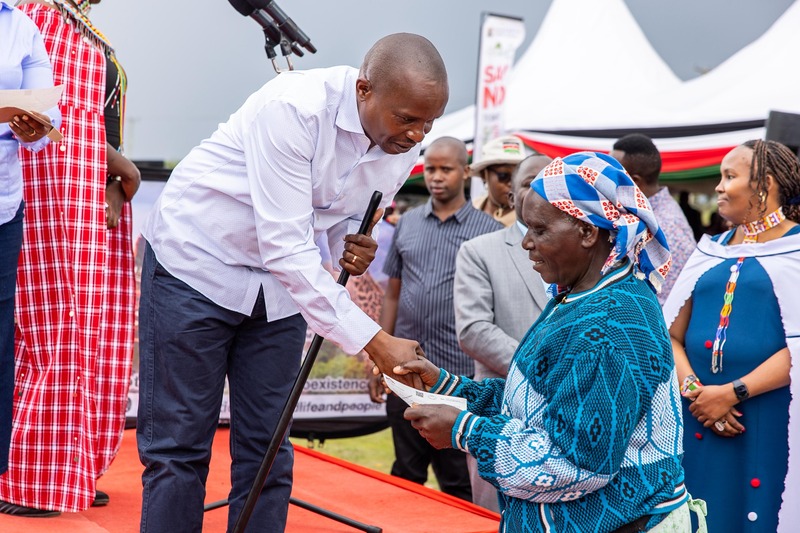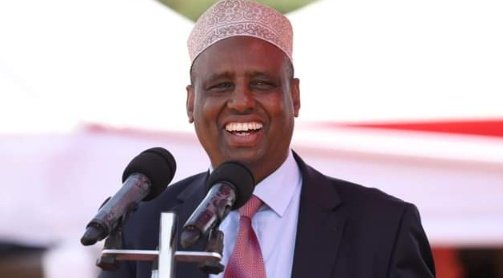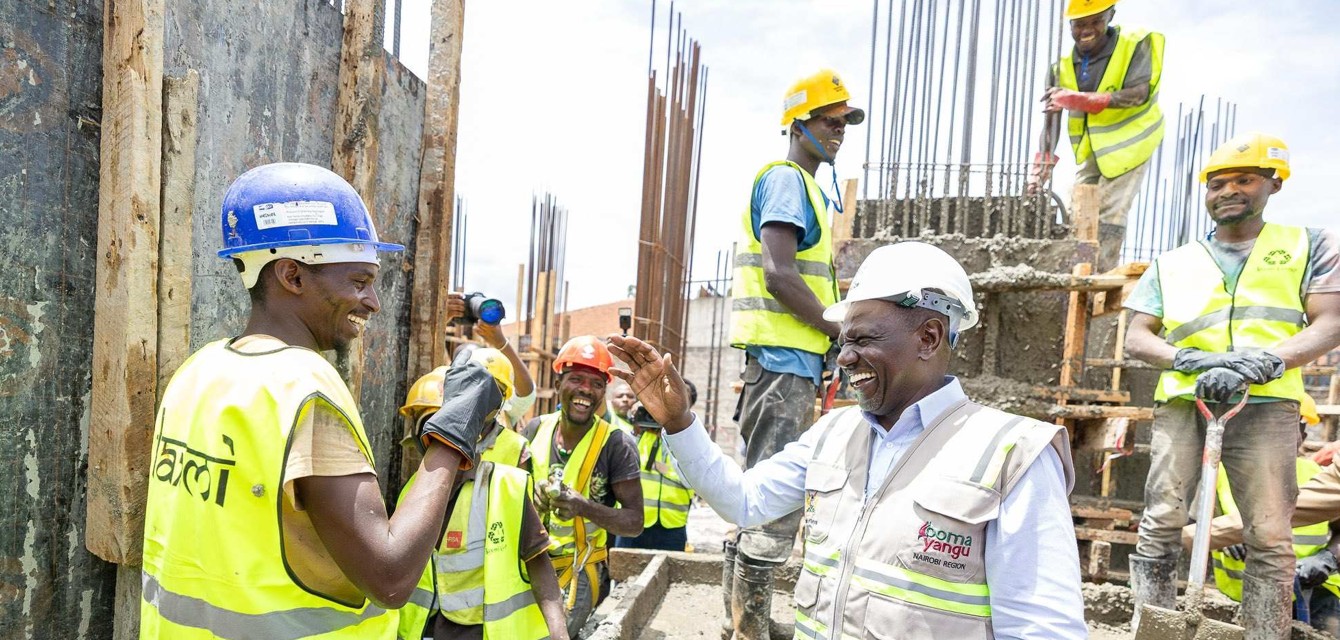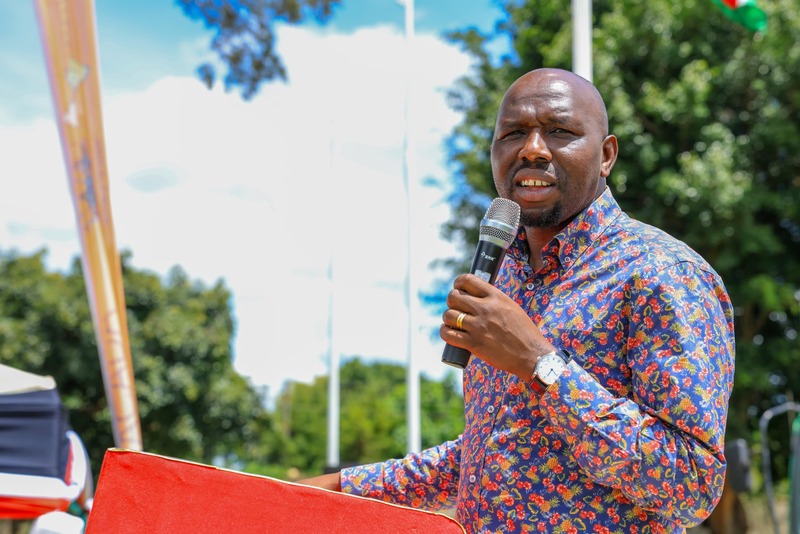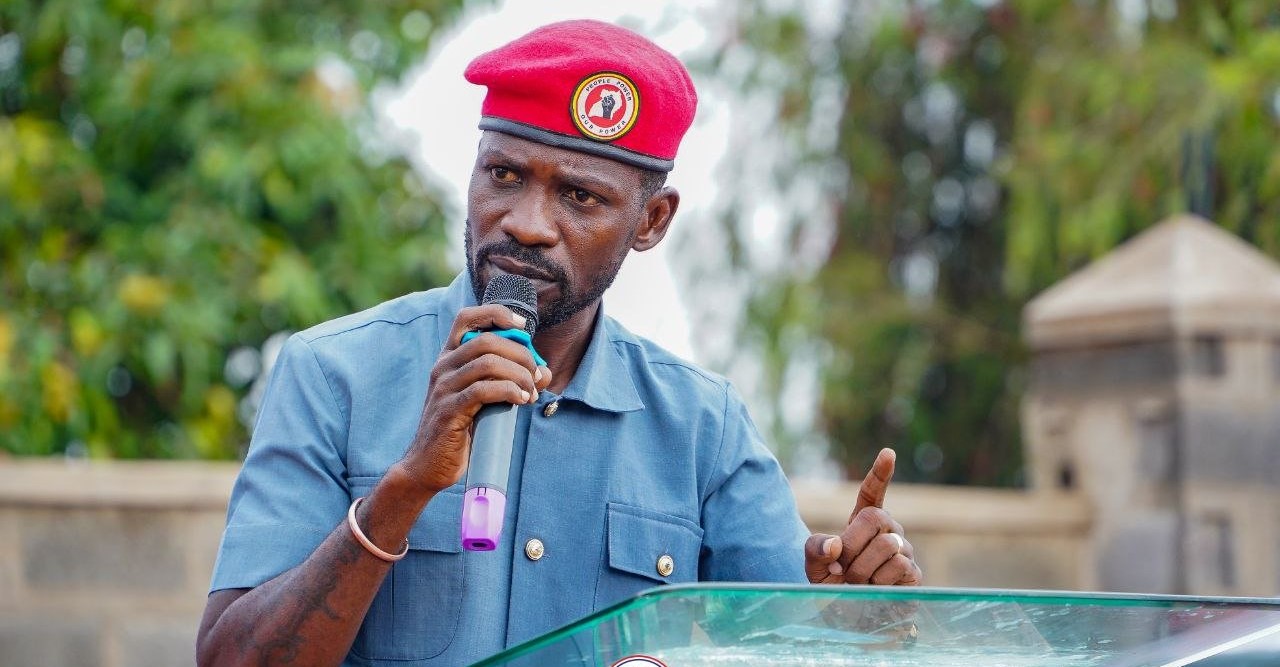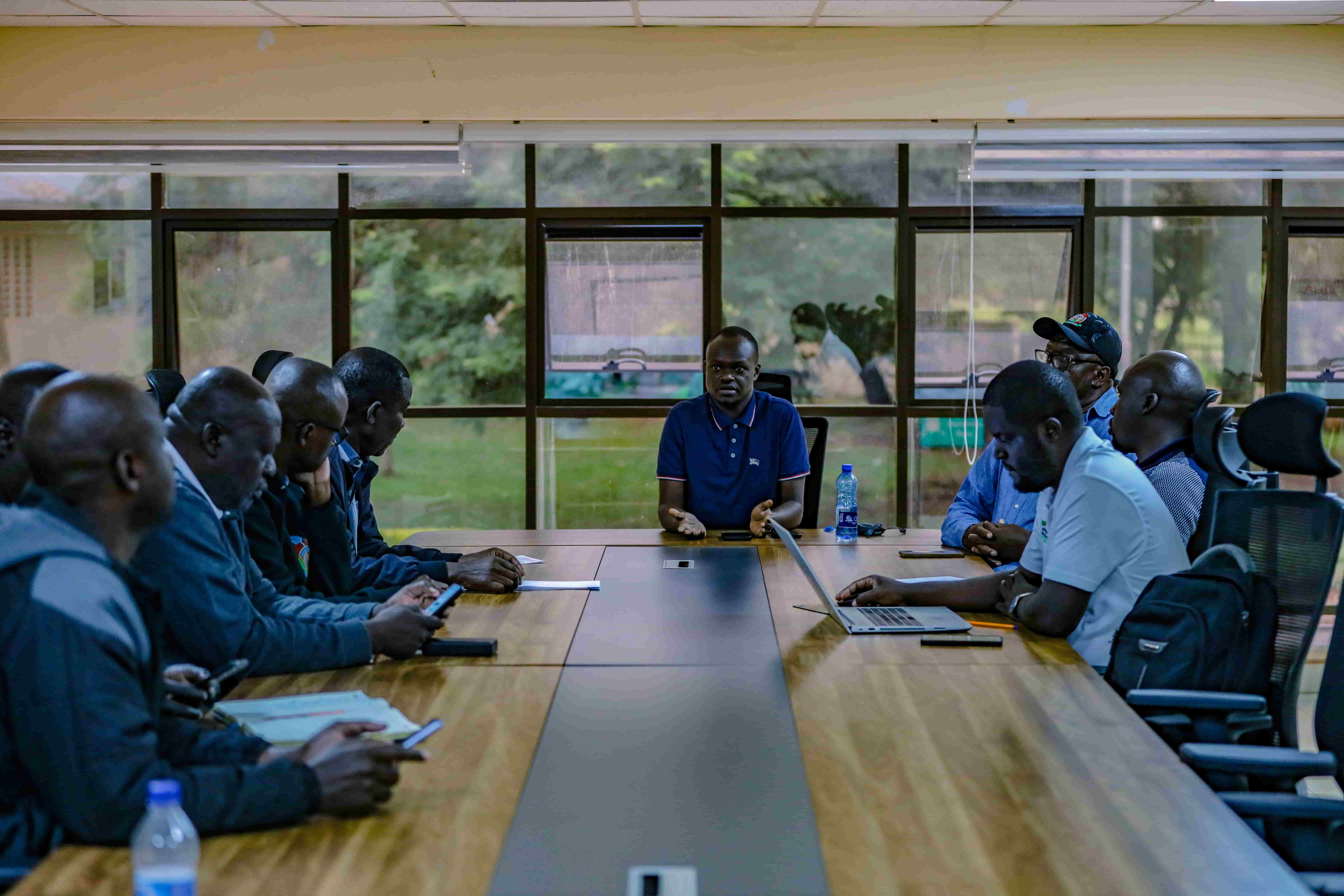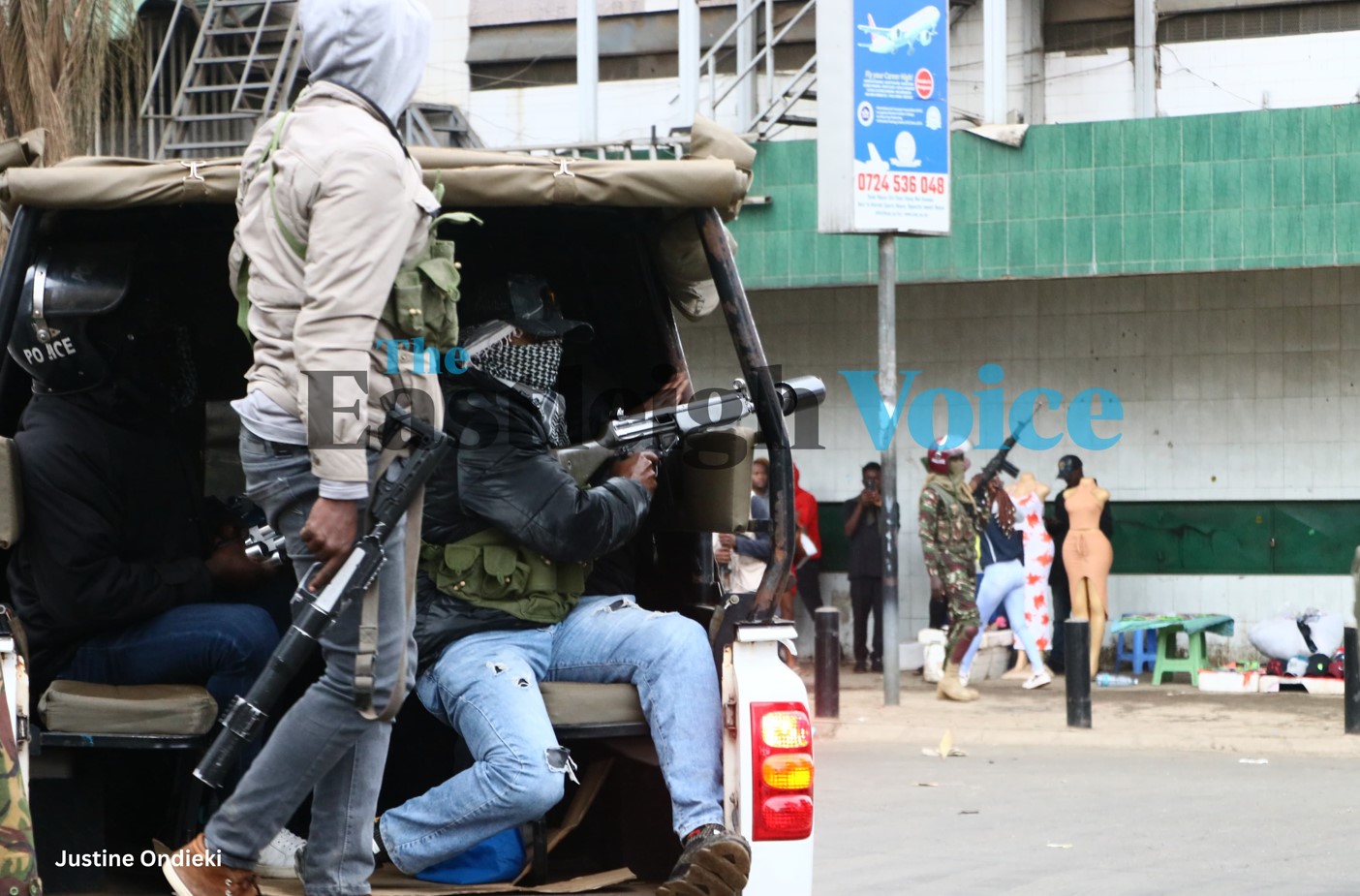Tanzania's opposition cries foul after CCM election victory
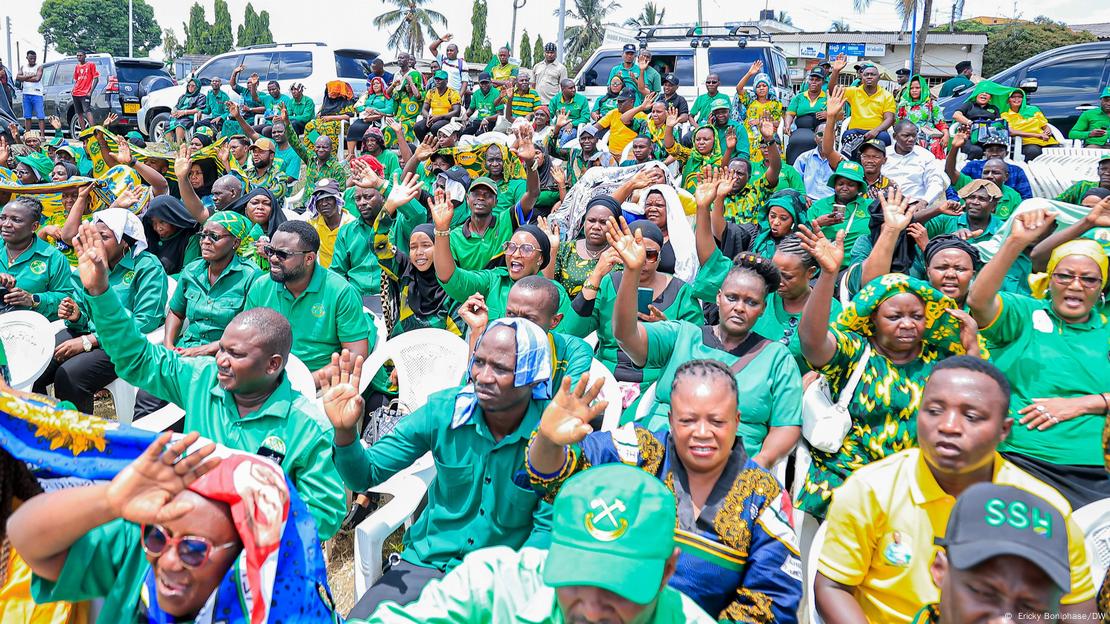
This was the first time that President Samia Suluhu Hassan's popularity was tested on the ballot.
Official results show that Tanzania's ruling Chama Cha Mapinduzi (CCM) party won more than 98% of seats in last week's local elections.
CCM has dominated the East African nation's politics for decades, and the poll was widely seen as a test for Tanzania's democratic institutions ahead of the presidential elections in October 2025.
More To Read
- Who is Tundu Lissu, Tanzania opposition leader accused of treason?
- Tanzania court charges main opposition party leader with treason
- Tanzania opposition leader Tundu Lissu arrested at public rally, his party Chadema says
- Tanzania, DRC to allocate land within each other's territories for development of dry ports
- Tanzania ex-minister Makamba reconciles with President Samia months after Cabinet dismissal
- Tanzania confirms outbreak of Marburg virus
It was also the first time that President Samia Suluhu Hassan's popularity was tested on the ballot.
The result seems to be a resounding success for the 64-year-old leader, who took office in 2021 after the death of President John Magufuli.
Godwin Gonde Amani, lecturer at Dr Salim Ahmed Salim Centre for Foreign Relations in Dar Es Salaam, noted that the overwhelming victory for CCM signifies the party's 60-year dominance of Tanzanian politics.
"The ruling party has advantages in the rural areas where other parties cannot manage to campaign or have very little support, and they have invested a lot," Amani told DW.
Opposition criticism
In the run-up to the vote, the opposition party, Chadema, protested against what it said were unfair disqualifications of some of its candidates.
It also said three of its members were killed in incidents linked to local elections and accused the authorities of rigging the vote.
Rights groups and Western governments have cited repression, with opposition politicians facing frequent arrests, abductions and killings.
On Monday, Tanzania's opposition youth leader Abdul Nondo was found dumped at a beach in Dar es Salaam, a day after he was reportedly kidnapped in the city. He was severely injured and taken to the hospital.
The Catholic Church in Tanzania condemned the violence, saying the country was going "through a trying period filled with pain and suffering."
"This is an evil, but unfortunately, we do not see it being strongly condemned," Archbishop Jude Thaddaeus Ruwa'ichi said.
In 2019, the opposition boycotted the polls, citing violence and intimidation, paving the way for a clean CCM sweep of the seats.
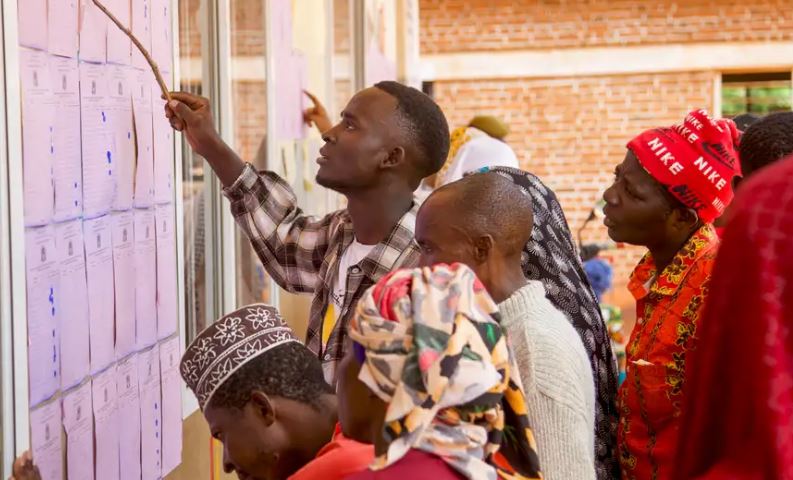 Tanzania's local elections delivered an overwhelming victory for the ruling Chama Cha Mapinduzi (CCM) party. (Photo: Eric Amos/DW)
Tanzania's local elections delivered an overwhelming victory for the ruling Chama Cha Mapinduzi (CCM) party. (Photo: Eric Amos/DW)
However, President John Magufuli's efforts to weaken opposition parties' ability to participate in politics came at a cost. He was frequently at odds with Western partners, and international investment in Tanzania stagnated.
When Suluhu Hassan became president following Magufuli's death, political observers hailed her for shifting away from Magufuli's oppressive restrictions on the opposition and media in Tanzania.
"President Magufuli had some setbacks for elections and democracy at large," Amani said. "When Samia Suluhu came into power, she called for resilience and reconciliation, and tried to show that the opposition is given the same opportunities to participate in politics."
Seen through that lens, "she has done far better in terms of democracy than Magufuli."
Opposition facing structural challenges
According to Amani, some officials tried to use outdated mechanisms to control the opposition party.
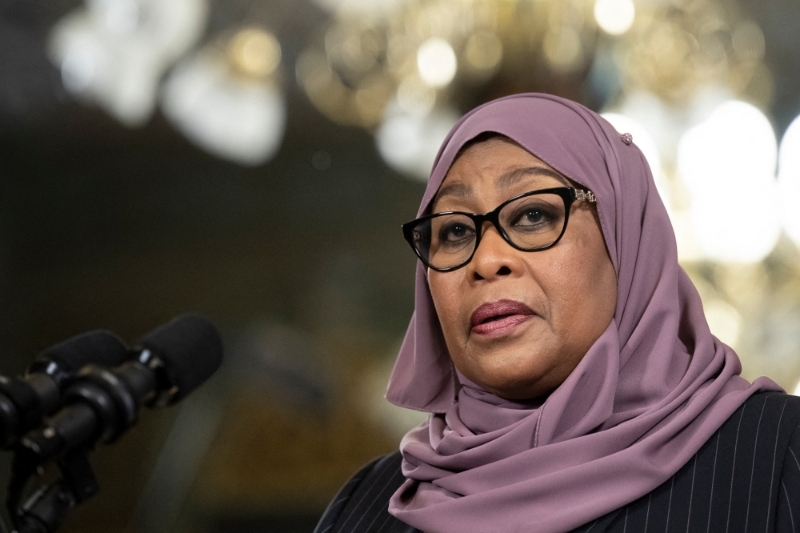 Tanzania's President Samia Suluhu Hassan in Washington, DC, on April 15, 2022. (Photo: Brendan Smialowski/AFP)
Tanzania's President Samia Suluhu Hassan in Washington, DC, on April 15, 2022. (Photo: Brendan Smialowski/AFP)
Conrad John Masabo, a political science lecturer at the University of Dodoma, said it is important to distinguish between the rhetoric of President Samia Suluhu and her actions as representative of the CCM and institutional frameworks guiding elections and democracy in Tanzania.
Is Tanzania's government trying to silence opposition?
"We should look at the whole system, which to a large extent is, by design, in favour of the existing ruling party, and that has not changed since we turned back to multi-partyism in 1992," he told DW.
He said while Samia Suluhu initially signalled a willingness to make changes, she could not "make important changes into laws or regulations that could have redefined the political space in Tanzania."
Masabo, other observers, and the opposition have noted that for meaningful change to happen, Tanzania's constitution, which has remained largely unchanged since it was ratified in 1977 when the country was a one-party state, needs to be reformed.
"What we're seeing there is a gap between rhetoric, which has been important for drawing back investors into the country, and action in terms of real structural changes in Tanzania's political system," research analyst Fergus Kell of the London-based Chatham House, told DW.
President Suluhu seeks to rebrand Tanzania
In September, a joint statement from the European Union head of mission, along with the British, Canadian, Norwegian, and Swiss embassies, raised concerns about "recent reports or acts of violence, disappearances, and deaths of political and human rights activists" in Tanzania.
In response, President Samia Suluhu Hassan rebuked Western nations, including the United States, for criticising Tanzania's handling of internal affairs.
But it is a balancing act for Tanzania's first female president. In terms of foreign policy, she is trying to "rebrand" Tanzania, according to Godwin Gonde Amani:
"One of the key areas of her campaign is trying to show Tanzanians and the world that Tanzania, is open to good partnerships and business relationships."
Suluhu recently represented Tanzania at the G20 Summit in Rio de Janeiro.
For Amani, Suluhu's efforts to open up the country come after the international community sidelined Tanzania because of her predecessor Magufuli's handling of the COVID-19 pandemic and allegations of human rights abuses.
Top Stories Today

